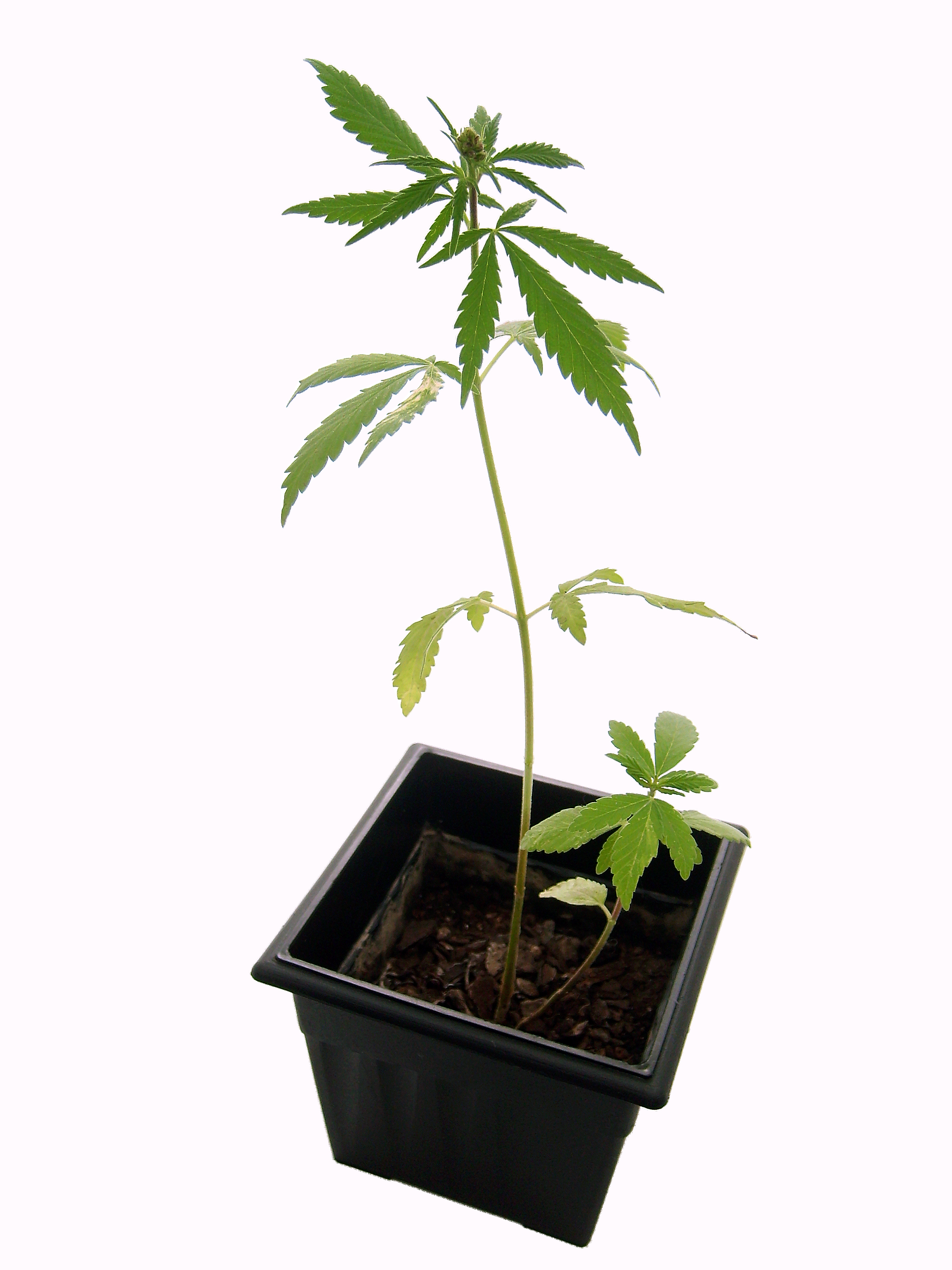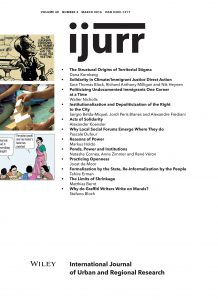The Medical Marijuana Hype: It's Not As Easy As THC
 Let’s get it out there up front: I’m not a medical doctor or a medical researcher, so this is not going to be a discussion of the physiological effects of THC. Instead, I want to step back for a moment and engage in a cultural critique of the hype surrounding medical marijuana. Put simply, I’m not concerned here with what marijuana actually does; rather, I’m concern with the place that marijuana (particularly, when used for therapeutic purposes) holds in our culture.
Let’s get it out there up front: I’m not a medical doctor or a medical researcher, so this is not going to be a discussion of the physiological effects of THC. Instead, I want to step back for a moment and engage in a cultural critique of the hype surrounding medical marijuana. Put simply, I’m not concerned here with what marijuana actually does; rather, I’m concern with the place that marijuana (particularly, when used for therapeutic purposes) holds in our culture.
Marijuana, in its current, largely unregulated form (“unregulated” because it is, in most cases, illegal), represents one of the few remaining vestiges of a history of mystic and shamanic practices that span millennia. This, in a world where science and bureaucratic organization have seemingly stamped out every last bit of mystery and uncertainty in our lives. Over the course of the last century, every aspect of our lives has been subject to increasing efficiency, calculability, predictability, and control (see: George Ritzer, The McDonaldization of Society). The result is that the activities comprising our daily lives have become increasingly mechanical. We feel as though forces external to us determine our every action. In the bleakest terms (those of Max Weber), we come to feel as though we are trapped in a great iron cage. And, when aspects of life are so limited and predictable, they become disenchanted (see: George Ritzer, Enchanting a Disenchanted World).
Because a century of legal restrictions have made marijuana extremely difficult to study and efficiently distribute, it has long represented an escape from the rationalization and disenchantment that characterizes modern medical practice, and, in particular, the pharmaceutical industry. The effects of various marijuana crops on the humans who consume them have varied widely and dosages have tended to be imprecise. Moreover, users tend to have a very personal connection to the particular dose they are consuming, because they have had to undergo some sort of trial to obtain it (e.g., an encounter with a dealer or the long, invested process of cultivation). Even the experience of going to a licensed medical marijuana dispensary is likely to be far more idiosyncratic than a trip to a conventional pharmacy. As a result, the experience of marijuana use has retained an unpredictable, “magical” quality.
While it is quite possible that this experience of enchantment may improve the well-being of individuals, it is, perhaps, more interesting (at least when we are wearing our sociologist caps) to consider whether marijuana – as a symbolic bulwark against rationalized medicine or, more broadly, the rationalization of all aspects of society – has therapeutic effects for our culture writ large. I contend that this therapeutic effect – this sense that something mysterious and unpredictable remains a very real part of our lives – accounts for our culture’s current obsession with marijuana. One might even say we are addicted to the mystique of marijuana.
No doubt, THC pills derived from the plant will one day be made as efficient, calculated, predictable, and controlled as ever other facet of our culture. Sadly, the great irony is that, as marijuana becomes legalized, it will inevitably become more rationalized, robbing it of what is, perhaps, its most important feature (i.e., its mystique).





1099-0860/asset/NCB_logo.gif?v=1&s=40edfd0d901b2daf894ae7a3b2371eabd628edef)
awesome post, pj!
you are arguing that the pleasure one derives from pot comes solely from the “mystique” of it being illegal rather than the physiological effects of the THC in the drug. we would then conclude that one would not enjoy weed if legalized. ***isn’t this contradicted by those that enjoy the physical effects of weed where it is legal?
i think the more sensible conclusion is that the artificial “mystique” gained through prohibition exists in concert with the physiological effects. ~nathan
I totally agree with that conclusion. I just wanted, for a moment, to bracket the tired debate about the physiological risks/benefits of marijuana and instead focus on whether it is a social good or ill.
It is because what we truly seek is that additional layer we miss in our Western culture: spirituallity. Sure, we all know the flower dressed, chain wearing hippies with their feet too far from the ground. The very word has an association close to that of the circus.
But spirituallity is all that we feel and cannot express. That which philopophers over the centuries have tried to grasp and describe. That which we feel when we look at the starry night and realize we are staring into the universe.
Some people have come to call it God. Others call God without knowing what it means. I believe in our culture the last part is the majority. Even the atheists who seek no further explanation in science are no different than them.
As you use a word to describe it, the word itself becomes labelled and burdoned with associations. This is what you are describing. But it is not losing its mystique. The mystique being muddied up with definitions you have let others create for you. All you have to do is look past it. This is how we grow as people.
“Even the atheists who seek no further explanation in science are no different than them.”
Exactly which atheists are those?
i appreciate your critique of rationalization in general, and share your lurking anxiety of a future commercialization and mass-marketing of cannabis under legalization.
However, if marijuana were legal, it would remain mysterious and “enchanting” for anyone who, while it’s illegal, feels the same way. i don’t have data to back this up, but i’m guessing that the legal status of a substance does little to affect the subjective experience of taking it. for instance, salvia divinorum is legal, and yet it’s effects are held by many to be of great spiritual significance, regardless of its legality (although, to be fair, it is a less popular drug than cannabis might be when legalized, and thus would probably receive less marketing attention).
it just doesn’t seem to be an accurate conclusion that most people go through all the trouble of obtaining cannabis merely for the thrill of breaking the law. does it perhaps make some sense that they do it more for want of the drug’s unique effects on their spiritual well-being? and at what point is that desire informed by the thrill of breaking the law?
that said, you’ve written a good article expressing sentiments that seem to be relatively undiscussed, at least from a concerted investigation via google. thanks for this.